What you need to eat to keep your heart healthy
Categories: Food and Drinks | Health and Medicine | Healthy lifestyle | Lifestyle | Nature | News | People | Production
By Vika https://pictolic.com/article/what-you-need-to-eat-to-keep-your-heart-healthy.htmlIschemic heart disease, atherosclerosis, stroke, hypertension - all these diseases "owe" their origin, basically, to an unhealthy lifestyle. Eating fast food and highly processed foods, alcohol, and cigarette smoking, stress and lack of physical activity are the main causes of cardiovascular disease. Of course, there are people who have these problems associated with heredity or other factors, however, even they, in most cases, are able to reduce the risk by leading a healthy lifestyle. And the right diet is a guarantee that your heart will always beat in unison.
8 PHOTOS
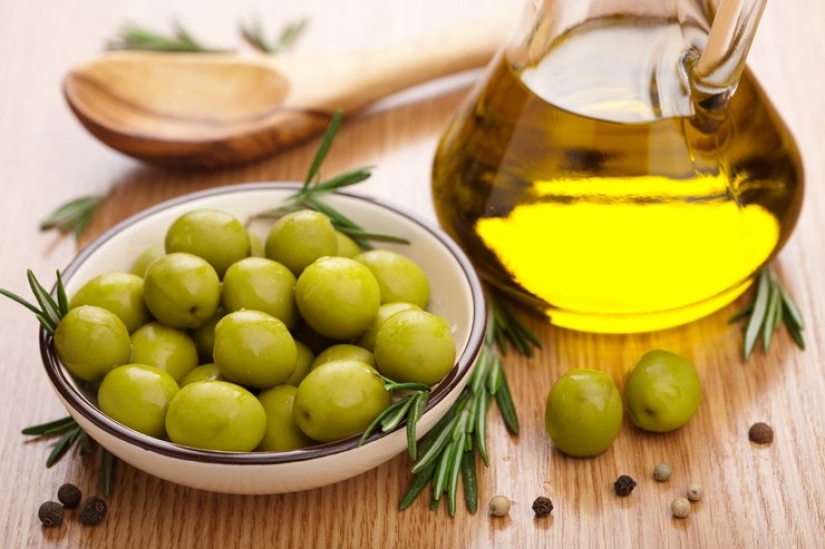
1. Olive oil. The basis of the Mediterranean diet, considered one of the healthiest by cardiologists, is olive oil. It contains polyphenols that lower the level of "bad" cholesterol in the blood and increase the level of "good" cholesterol. (Photo: Media).
Polyphenols are also powerful antioxidants; they protect us from free radicals that damage our blood vessels. The fatty acids found in vegetable oils also benefit the heart. Contained in olive oil, oleic acid, like polyphenols, lowers bad cholesterol and prevents the formation of atherosclerotic plaques, thereby reducing the risk of a heart attack. Olive and rapeseed oils are ideal for cooking. Even after prolonged heating, they do not form compounds harmful to health. Therefore, they can be added to soups and sauces instead of bone and meat broths.
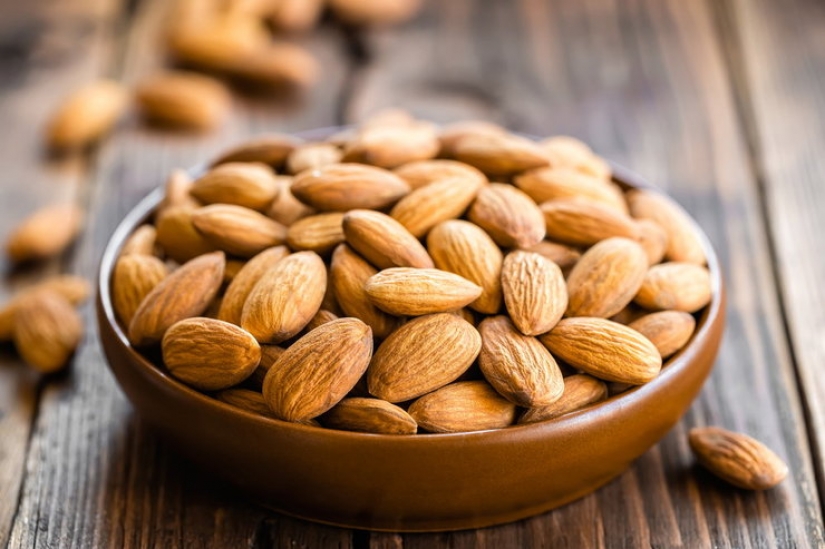
2. Almonds. Eating a handful of these nuts every day provides us with a daily dose of magnesium and potassium, which our heart needs to function properly.
The deficiency of magnesium and potassium in the body can be very dangerous. When we do not have enough of these elements, the smooth muscles of the blood vessels are not able to contract normally, as a result of which the blood cannot flow freely and the pressure rises. By the way, in the case of tachycardia in pregnant women, in addition to magnesium preparations, almonds are also recommended. (Photo: Shutterstock).
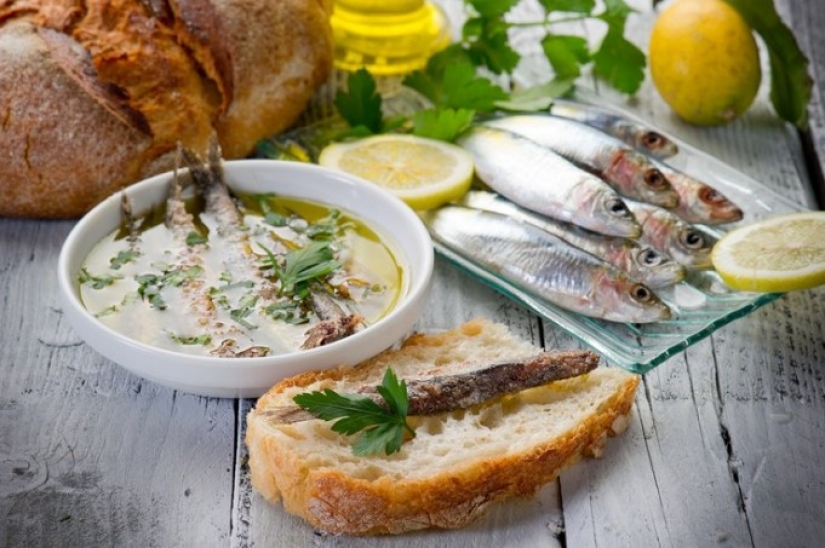
3. Fish. Eating fish prevents blood clots from forming. Unlike meat, the fatter the fish, the better for the heart. Salmon or mackerel are high in omega-3 fatty acids - one of the healthiest fats in the world. When we consume enough of them, the risk of platelet clumping is reduced, thereby helping to prevent dangerous blood clots from forming and protecting us from a heart attack. (Photo: Marco Mayer / Shutterstock).
Omega-3 fatty acids also help maintain a normal heart rate, a failure of which is dangerous to health and threatens with surgery - catheter ablation. However, it is best not to bring your heart to the point where surgery is needed. Therefore, remember that you should eat three servings of oily fish per week. Preferably sleeve baked or steamed, as high temperatures destroy healthy fats during frying.
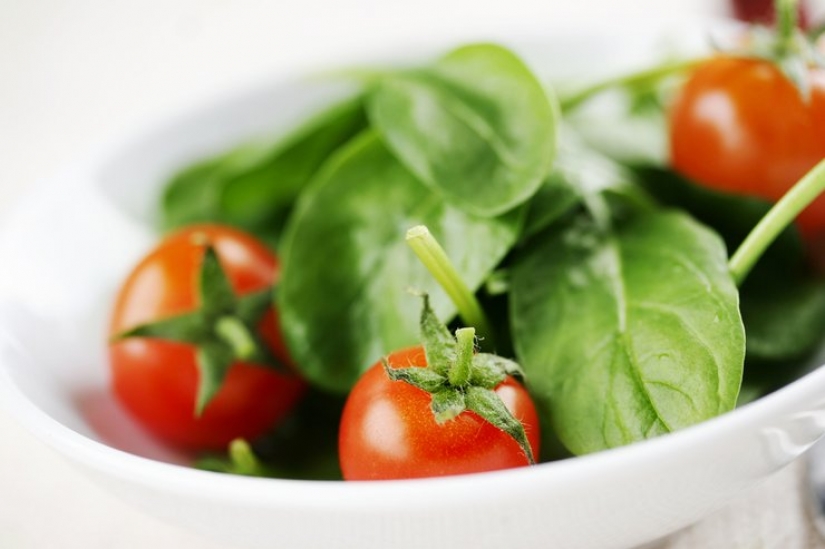
4. Spinach and tomatoes. Colored vegetables lower cholesterol levels. The soluble fiber found in vegetables reduces the absorption of cholesterol, resulting in lower levels of "bad" LDL cholesterol in the blood. It also stimulates the liver, which processes cholesterol faster, so that it does not enter the bloodstream, but is quickly excreted from the body. (Photo: Media).
Vegetable salad is best eaten before the main meal. The fiber in the stomach swells, which makes us feel full much faster, and therefore we eat less during lunch. This in turn helps maintain weight and reduces the risk of a heart attack. The best vegetable for the heart is a tomato. The lycopene contained in it prevents the oxidation of cholesterol, as a result, it does not stick to the walls of the veins and does not jeopardize the functioning of the circulatory system.
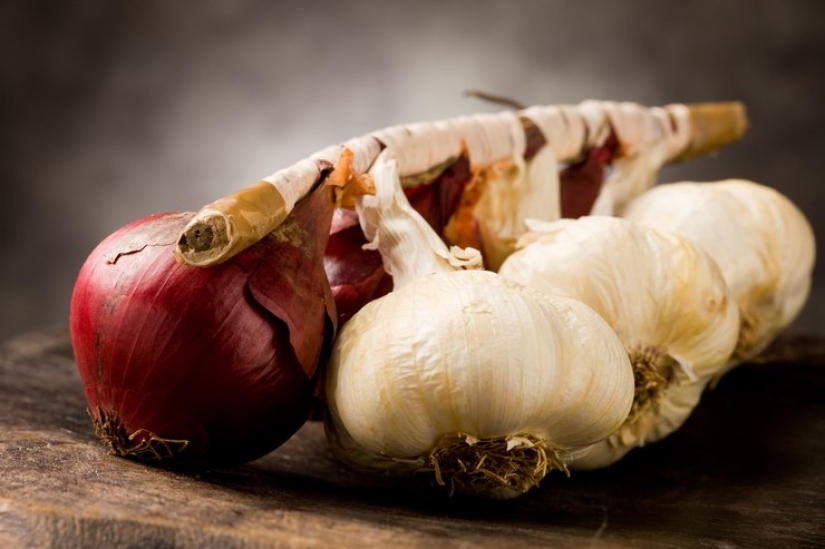
5. Onions and garlic. Rich in vitamin C, B6, selenium, manganese, and sulfur compounds, onions and garlic help lower blood pressure. (Photo: Francesco83 / Shutterstock).
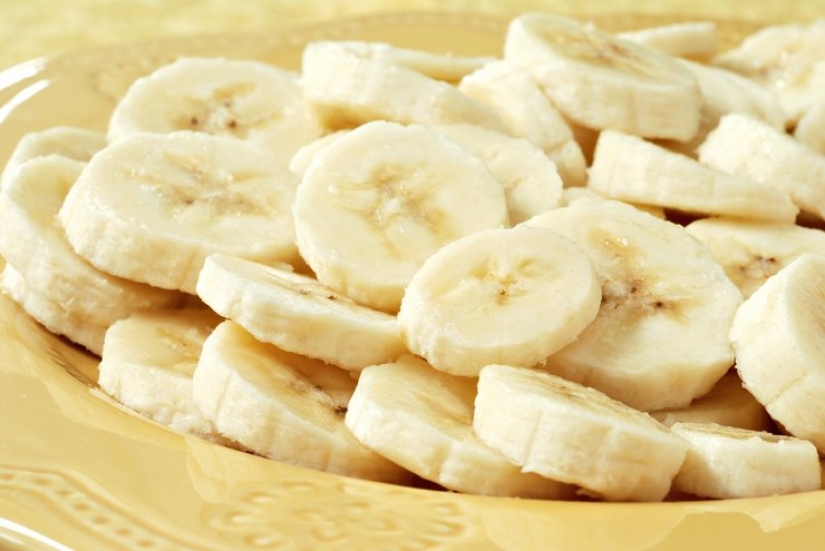
6. Bananas, which are high in potassium, help the body get rid of excess sodium (a component of salt), thereby lowering blood pressure. (Photo: Marie C Fields / Shutterstock).
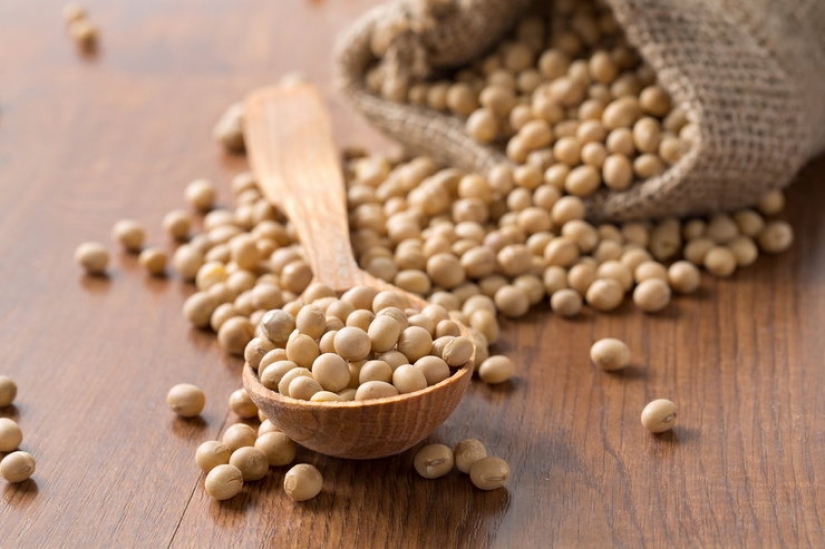
7. Soy is a good source of coenzyme Q10, which lowers blood pressure and the level of "bad" cholesterol in the blood. (Photo: Shutterstock).
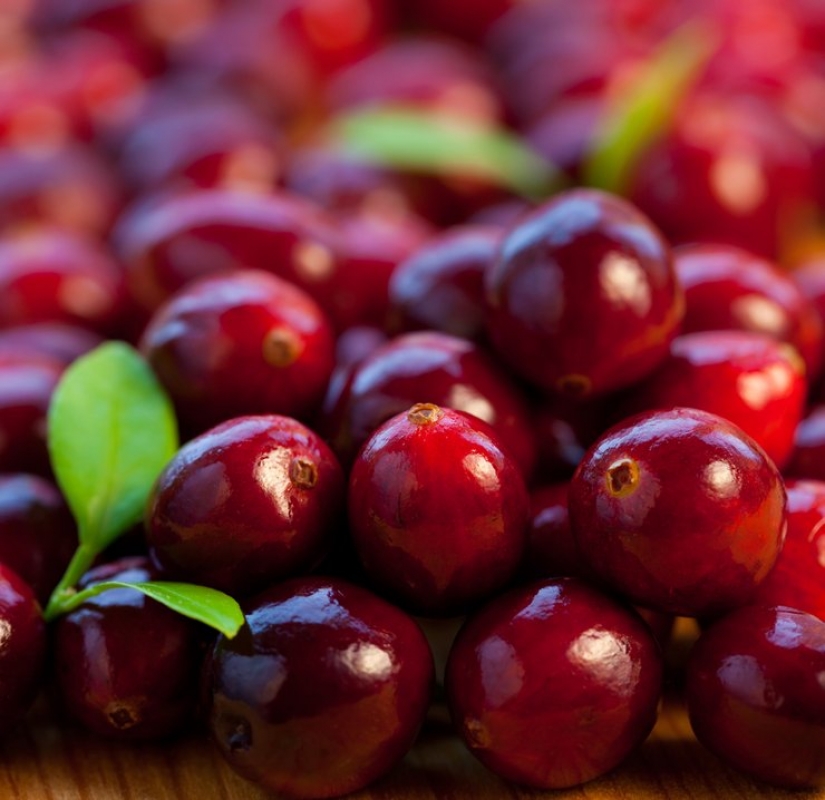
8. Cranberries. Recent scientific studies have shown that drinking cranberry juice increases the level of "good" cholesterol in the blood. (Photo: sarsmis / Shutterstock).
Keywords: Health | Healthy food | Healthy lifestyle | Life | Food | Nature | Drinks | People | Heart | Cardio | Fact | Lifehack | Heart disease
Post News ArticleRecent articles

General Dmitry Karbyshev — one of the Soviet commanders who performed his duty to the end. This man was captured in the battle, ...

King Louis XIV of France, whom the courtiers called the "Sun King", is a very popular person in literature and cinema. We know this ...
Related articles

Porridge appeared in the human diet since ancient times, they help people get all the necessary nutrients for healthy living and ...

It is no secret that all things in nature are subject to cyclic changes that are associated with the seasons. The human body is no ...

We all know that eating fast food is bad, but we don't take it too seriously, as an abstract fact. Doctor and TV presenter from the ...

Why do residents of some regions of the world live longer and get sick less often than others? Scientists have dubbed these unique ...